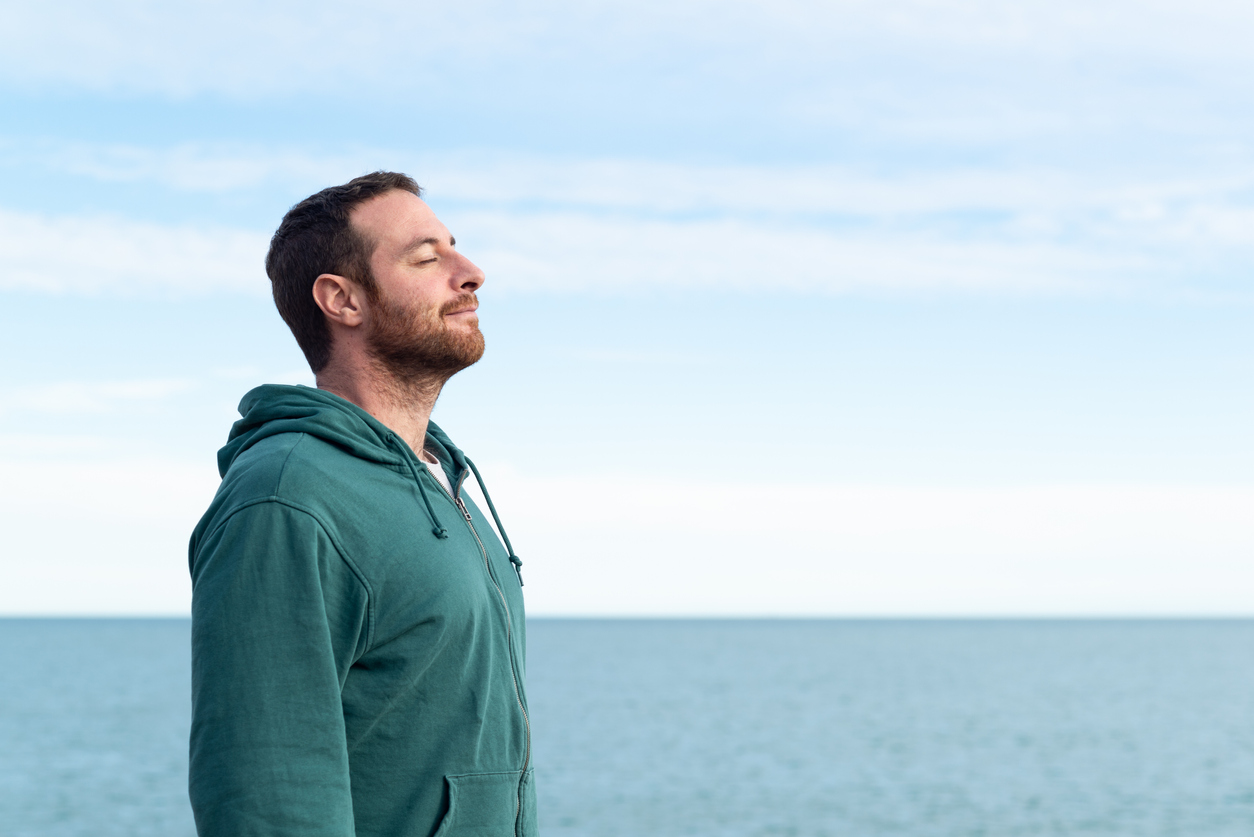How to Overcome Social Anxiety
Overcoming social anxiety involves a combination of professional therapy, such as cognitive-behavioral therapy, and self-help strategies. Engaging in gradual exposure to social situations, practicing relaxation techniques, and challenging negative thoughts are crucial. Seeking support from understanding friends or support groups can also significantly aid in managing and reducing the symptoms of social anxiety. Social anxiety can feel like an insurmountable wall, hindering interactions and dampening life’s vibrancy. However, it is a condition that can be managed and overcome with the right strategies and support. The journey towards overcoming social anxiety involves understanding its roots, implementing practical coping mechanisms, and seeking professional help like psychotherapy. In this article, you will discover how to overcome social anxiety. What is Social Anxiety? Social anxiety disorder, often misunderstood as mere shyness, is a persistent, intense fear of being watched and judged by others. This fear can affect work, school, and other daily activities. It …






